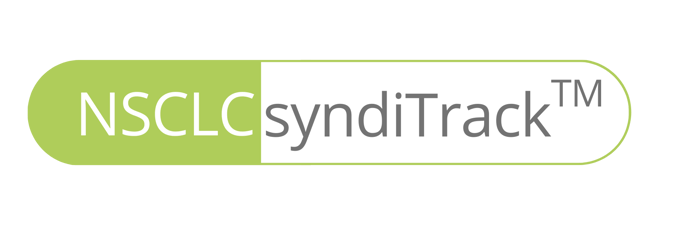 New in 2023 !
New in 2023 !
APLUSA launched a new syndicated Real-World Data (RWD) study analyzing the management of early and locally advanced stages of NSCLC with results expected in S2-2023 for the UK, and soon in other countries. The study design includes both Awareness, Trial & Usage - ATU - questions and detailed anonymized patient charts.
Non-metastatic cases account for the majority of NSCLC diagnoses (approximately 60%, with up to half of these being resectable), and the proportion is expected to grow over time with enhanced screening programs. While many non-metastatic NSCLC patients are cured by surgery, 30% to 55% develop recurrence and die of their disease despite resection, contributing to a need for treatment options administered before surgery (neoadjuvant) and/or after surgery (adjuvant) to improve long-term outcomes. Although stages IIIb are rarely resectable, they can still be resected. This is why we will keep them in the scope of this tracker.
- The market for NSCLC early stages is very competitive. A lot of clinical studies are ongoing for both adjuvant and neo adjuvant therapies.
- BR31 (Imfinzi as adjuvant - AstraZeneca)
- AEGEAN (Imfinzi as neo & adjuvant - AstraZeneca)
- Impower010 (CTx then Atezolizumab in adjuvant - Roche)
- Impower030 (CTx then Atezolizumab in adjuvant - Roche)
- KN671
- CM77T
APLUSA'S NSCLCsyndiTrack™ will provide you with a detailed assessment of early stages of NSCLC market , current management, and opportunities for future treatments. Patients included in the scope of our syndicated study are with early stages of Non-Small Cell Lung Cancer (NSCLC) = IB, II, IIIA, IIIB, resected or resectable
- The study has been designed to provide:
- Understanding of current management of patients with early stages NSCLC (IB-II-IIIA-IIIB)
- Quantification of treatment sequencing for patients with early stages NSCLC, noticeably
- Neo adjuvant
- Adjuvant
- Peri adjuvant (neo adjuvant + adjuvant)
- Monitoring of patients profiles with early stages NSCLC among each of the treatment sequencing listed above
The survey covers the UK at the moment but is expected to be conducted in further countries, with 50 specialists in the UK and 300 individual anonymized patient charts analyzed through detailed Patient Record Forms (PRF for Real-world Data RWD).
- Each physician reported information on their last 6 patients for whom they are the primary decision maker:
- With early stages of Non-Small Cell Lung Cancer (NSCLC)
- IB, II, IIIA IIIB resected or resectable
- Are not enrolled in a clinical trial
- Are not on a best supportive care therapy only
- Initiated with latest line of therapy treatment in the past 3 months
- Planned frequency of measure
- Quarterly data collection & reporting
- 1 to 4 quarterly waves per year
Are you interested in receiving more details? We would be happy to set up a short exploratory meeting, or a longer more detailed presentation with one of our experts!
More information about our NSCLC syndicated study?
- Objectives
- Benefits
- Samples
- Scope
- Types of data collected
- Dates of research waves
Fill in the form and we will be in touch shortly.
More information about the NSCLC syndicated study? Fill out the form below and we will be in touch shortly.
Go further with the data and discover an example of a Digital & Interactive Dashboard (DID) created by APLUSA
We take here the example of a patient share tracker in Cancer X syndiTrackTM.
The dashboard is built around 6 variables: the country, the treatment start date, the treatment line, the product or regimen, risk factors and market share.
In total, there are many advantages of using this DID:
- your data is available online and can be easily shared within your organization,
- you can create your own views instead of manipulating a large number of powerpoint slides,
- you always have the latest data available, no update problems,
- the data is available on your dashboard much earlier in the data collection,
- the report will be more focused on key insights and storytelling than on data production.
👇 Test our live demo here! 👇
